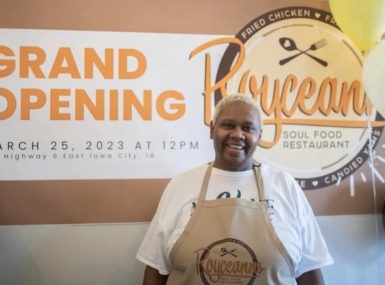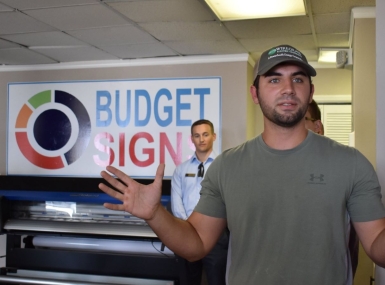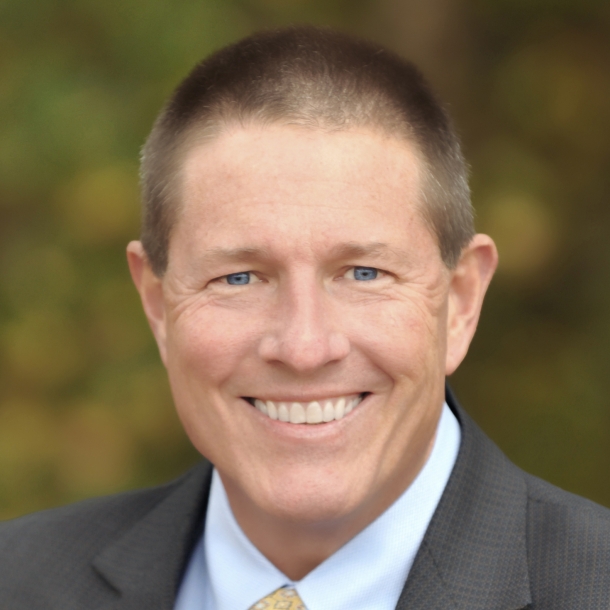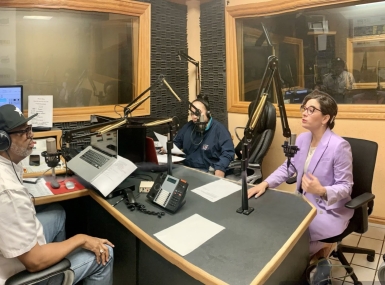What Does the 2016 Presidential Election Mean for Local Leaders?
Difficult elections aren’t new to American democracy. In fact, the Founding Fathers built our democracy on a fierce exchange of ideas. We have all heard, and most of us probably agree, that it is time for everyone to take a deep breath, regroup and focus on what unites instead of what divides us.
It’s also probably naïve to think that this will just happen. We as local leaders have an opportunity to demonstrate that those who will lead best in the aftermath of this election will be those who listen best.
And I know that can be challenging after what felt like years of wall-to-wall presidential race coverage from the primaries to the general election. For my part, to become president of the National Association of Counties I ran a campaign focusing on civility and diversity, which we need now more than ever during this time of transition.
As a county commissioner, I know our nation’s most challenging issues often become tangible at the local level first, whether we are talking about law enforcement, health care or race relations.
When the presidential campaign was in full swing, both major political parties worked hard to make others understand them. And as the campaign wore on, conversations became less about exchanging ideas and more about demanding understanding. Leading up to the election, our political discourse sounded like, “If you’d only listen to me, you’d understand.”
But those of us who hold elected office understand that our job is not making others understand us, but rather quite the opposite: we need to understand the other person. In the interest of civility, we sit down every day at a table and ask what divides us and how can we bridge this gap? Listening takes a lot more courage than talking, and that’s what our nation needs now. We need to recommit to listening.
Listening to challenges and seeking compromise is almost never a binary answer. When you’ve been hip-deep in a constituent issue, has the answer every truly been yes or no? This or that? One or two? If you’re like me, almost every answer to a problem involves “Yes, and . . . “ or “No, but . . . “ The real work is not to solve the problems alone, but to find a way to talk about them and work on them together.
And that’s why finding common ground is important. Not to ignore the problem at hand, but to tackle it head on. In Leon County, Fla., we listen to and engage citizens on issues that matter most to them. In March 2016, we hosted an event called “Created Equal: A Conversation about Race, Founding Ideals, and Our Hometown.” I facilitated one of the more than 25 tables at the event, which was held in a popular nightclub and featured some very engaging speakers followed by passionate conversations with citizens about some of the same issues that took center stage during the campaign.
We talked about divides, stereotypes, socioeconomic challenges, and how in today’s culture you can surround yourself with the comfortable and familiar more easily than ever before. At that table, I committed to listening and learning from the experience of others, because it’s impossible to build collaborative relationships among people with diverse backgrounds and perspectives without understanding their view of the world. We need civil discourse in order to fulfill our roles and responsibilities as community leaders.
In the digital age we live in, with so many different news sources on social media, in print, on television and quite literally at your fingertips all the time, it’s easy to lose perspective. You can dismiss a whole group of people without ever actually talking with them. Now you can listen to only the news that affirms your world view without ever being challenged. But if there’s one thing this election has taught us — and it’s been a long lesson — it’s that we have to understand others and not simply make them understand us.
And that’s why I think it’s important to challenge ourselves to ask questions and to engage with people on the other side of the election. Because at the end of the day, we are one America that can certainly disagree fiercely but civilly. In fact, I think our Founding Fathers would expect no less.
Attachments
Related News

Royceann Porter’s role makes history in Johnson County, Iowa
Porter uses her position as one of few Black county elected officials in the state to advocate on behalf of marginalized communities, but also as a learning opportunity for herself as a leader.

Now I know to close the public disconnect
When you're making decisions as a commissioner and engaging with the public, you have to be an insider and an outsider.

